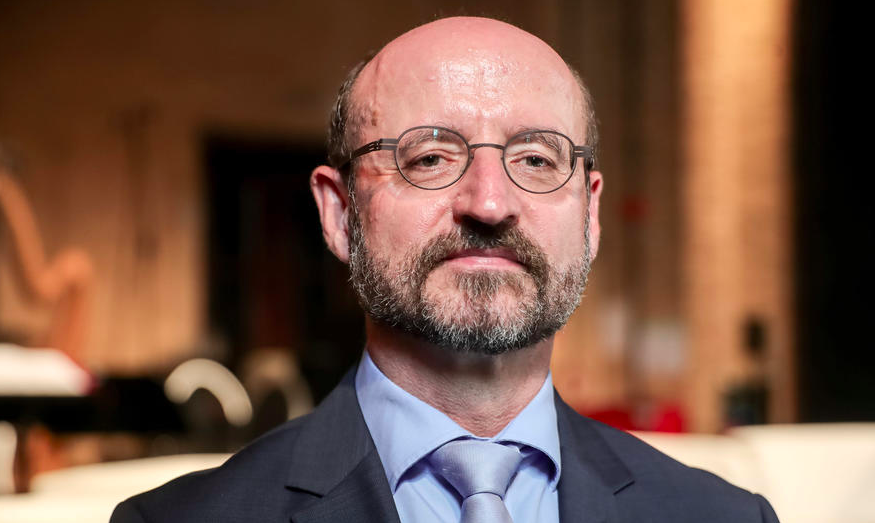Mathias Rohe on the motion of the AfD in the Bundestag to expel clan members
In an article of Focus Online (27 June 2019), EZIRE director and Islamic scholar Mathias Rohe evaluates the application to expel clan members, submitted by the AfD to the Bundestag. For the AfD the massive fight of the authorities against the criminal members of Arab Families during the last months is not enough, so it demanded several measures from the Federal Government in a motion.
The main deficit in the fight against the clans is the alleged lack of knowledge of the authorities “about the extent of the criminal clans and their socio-cultural characteristics” and the lack of “legal and organisational prerequisites for their effective fight” – therefore the AfD proposes a series of measures to learn more about the clans. For example, the party called for a “detailed federal picture of clan crime”. Furthermore, the AfD demanded that the Federal Government introduce “legal regulations to facilitate the expulsion of criminal clan members, the prevention of the naturalization of criminal clan members and the withdrawal of naturalization if they belong to a criminal clan”. The expulsion of the members of criminal clans is demanded by the party even “in case of minor crime”. In the case of “serious crime”, naturalisation should be revoked even if this leads to statelessness.
The clan expert and Islamic scholar Mathias Rohe does not think at all of the AfD’s motion. “If I had noticed something new and meaningful in the motion, I would say so. But this proposal is completely immature and miserable in terms of craftsmanship”. The AfD mixes “well-known things with half-truths”. The AfD is clearly concerned with advancing its xenophobic agenda. “The AfD wants to present itself as a security party but ignores the fundamental principles of the rule of law. As an example of his assessment, Rohe cites the call for a federal situation picture. “This is of course a sensible proposal, but it is an old hat and work on it has been going on for a long time”.
Also the demand of the AfD to bring together data about criminal members of clan families is already implemented within the framework of the general investigations against organized crime. The disregard of rule-of-law principles, Rohe said, was linked to the fact that the AfD demanded the “introduction of markers on clan membership into the databases of the police information and analysis network”. “I wonder what right one should have to do this? It is simply not possible to register members of a family solely on the basis of their name”.
According to Rohe, the actual intention of the AfD becomes visible, since the application almost always refers to “clan families” as a whole. “Through this general stigmatization an entire family is taken into clan custody for some criminals. It is clear that in some families there are a number of serious criminals that should not be underestimated. But the vast majority of these families are not criminals.” The AfD’s claim that “the problem of criminal clan structures could be multiplied by millions of immigrants from Arab states” is also wrong. For there are great differences between the family structures of immigrants, for example from Africa, and the Arab clans. In particular, the hermetic distinction from the outside is an essential characteristic of the clans, most of whom come from Lebanon. Rohe agrees that there are some immigrants who are integrated by the clans, for example for their drug deals. But in order to prevent this, these people, most of whom are here legally, should be given meaningful employment. “Of course, most of the clan members of the first generation also immigrated here as refugees. But the German state has promoted their criminal careers by deliberately preventing them from training or working”.
Commenting on the AfD’s demand that allegedly stateless clan members be identified by an investigation team, Rohe said: “Of course we must defend ourselves against attempts by people to force them to stay in Germany by pretending to be stateless. But with regard to the relevant members of the clans this seems to me to be of little use. For some of these people have been living in Germany for many years and can no longer be expelled.”
AfD’s assertion that the main difficulty in combating the criminal clan members is the lack of data was rejected by Rohe: “Of course we could use even more data. But the biggest difficulty for the authorities at the moment is the power that some clan bosses have. As a result, many no longer dare to testify in investigations or trials against criminal relatives.”
